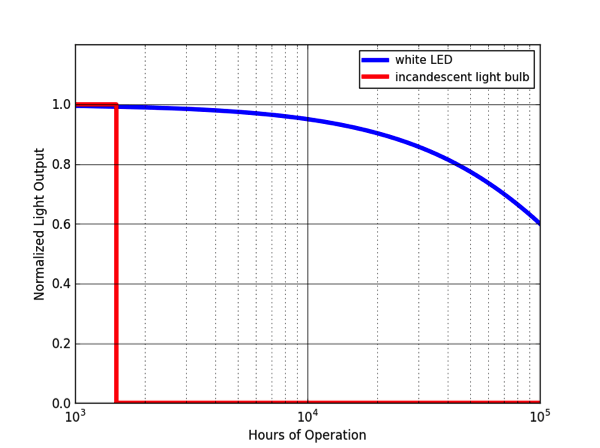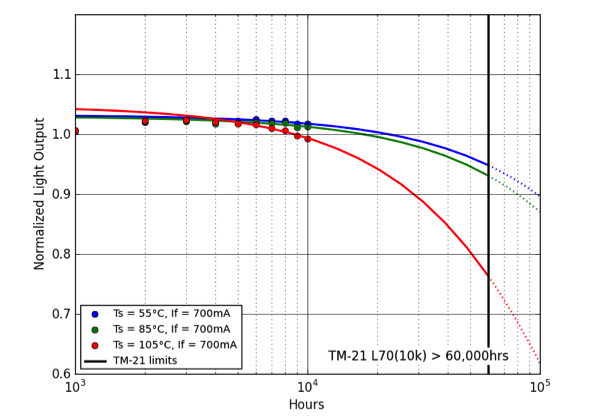- Joined
- Jul 5, 2018
- Messages
- 426
- Reaction score
- 223
Hi all,
I had bought some Kessil A360s used when I started my tank a couple years ago, now they have 4-ish years on them. Aside from something straight up breaking, do lights like these go bad? Does the light quality falter? If so, what do I look for or how do I test that?
There isn't anything specific that has happened, but it just occurred to me that this might be something I need to keep an eye on?
But I also don't want to fall under pressure from manufacturers/PR that I need to replace my lights.
Thanks!
I had bought some Kessil A360s used when I started my tank a couple years ago, now they have 4-ish years on them. Aside from something straight up breaking, do lights like these go bad? Does the light quality falter? If so, what do I look for or how do I test that?
There isn't anything specific that has happened, but it just occurred to me that this might be something I need to keep an eye on?
But I also don't want to fall under pressure from manufacturers/PR that I need to replace my lights.
Thanks!





















